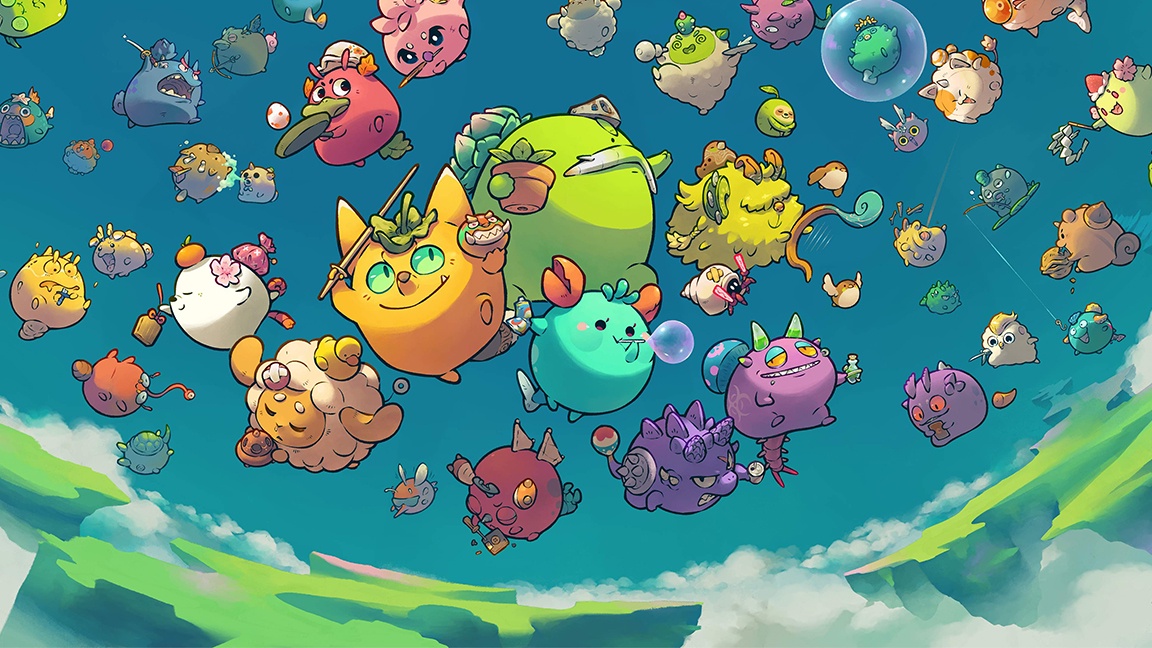Scarcity adds value to these digital assets, making them desirable among players and collectors alike. The limited supply of NFTs creates a dynamic market where players can trade and sell their assets at varying prices on NFT marketplaces.
Why NFT Games Are Anything But Ordinary

3 min read
1 year ago
NFT games, also known as Non-Fungible Token games, have gained significant popularity in the world of gaming and blockchain technology. These games offer a unique and innovative gaming experience by leveraging the power of blockchain and the concept of non-fungible tokens. In this article, we will explore the key aspects that make NFT games truly unique and captivating for players.
Ownership and scarcity
NFT games introduce the concept of unique digital assets, represented as non-fungible tokens. Unlike traditional digital items in games that can be easily duplicated, NFTs are one-of-a-kind and cannot be replicated. Each NFT carries a distinct value and is indivisible, making it truly unique. This ownership of digital assets provides players with a sense of exclusivity and authenticity.
Scarcity adds value to these digital assets, making them desirable among players and collectors alike. The limited supply of NFTs creates a dynamic market where players can trade and sell their assets at varying prices on NFT marketplaces.
Scarcity adds value to these digital assets, making them desirable among players and collectors alike. The limited supply of NFTs creates a dynamic market where players can trade and sell their assets at varying prices on NFT marketplaces.
Play-to-earn model
One of the most revolutionary aspects of NFT games is the play-to-earn model. Unlike traditional games where players invest time and effort solely for entertainment purposes, NFT games enable players to earn real-world value through their in-game activities. By participating in these games, players can acquire valuable NFTs, which can be traded or sold in the open market. The play-to-earn model has the potential to empower players, especially in regions where traditional job opportunities may be limited.
Interoperability and cross-game assets
NFT games embrace interoperability, allowing players to utilize their digital assets across multiple games and platforms. NFTs are not confined to a single game ecosystem but can be transferred and used in different gaming environments. This cross-game compatibility enhances the gaming experience by unlocking new possibilities and interactions. For example, a sword acquired in one NFT game can be wielded by a character in an entirely different game. This interoperability breaks down the barriers between games and creates a unified gaming ecosystem.
Player-driven economies
NFT games introduce player-driven economies where in-game assets hold real-world value. These economies operate based on the principles of supply and demand, similar to real-world markets. Players can engage in trading, buying, and selling of NFTs, creating a vibrant marketplace within the game. In-game economies enable players to leverage their strategic thinking and decision-making skills to build wealth within the virtual world. They can acquire rare and valuable assets, and then sell them to other players for a profit. This player-driven economy adds depth and complexity to the gameplay, as players must navigate the market dynamics and make informed decisions to maximize their earnings.
Conclusion
NFT games offer a unique gaming experience by leveraging the power of blockchain technology and non-fungible tokens. The ownership and scarcity of digital assets, play-to-earn model, interoperability, player-driven economies, and transparency contribute to the distinctiveness of NFT games.
In case you have found a mistake in the text, please send a message to the author by selecting the mistake and pressing Ctrl-Enter.

No comments yet